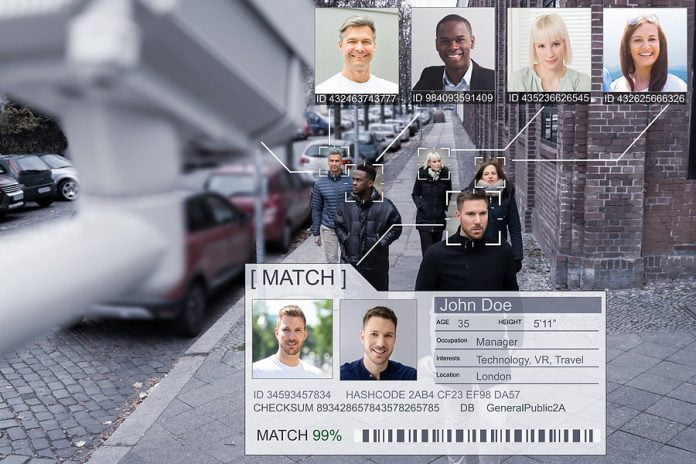Washington’s King Country, which comprises the greater Seattle area, and is home to facial recognition software makers Amazon and Microsoft, has unanimously voted to ban government use of facial recognition, becoming the first county in the United States to do so.
The ban does not affect the use of facial recognition by agencies in Seattle – private citizens can still use the technology, the bill reads, but people can sue the county if they find out that facial recognition was used to identify them.
Similar bans have been enacted in more than a dozen cities, including Portland, Ore., San Francisco, Pittsburgh, Jackson Miss., Boston, among others. Vermont has also banned the technology.
“The use of facial recognition technology by government agencies poses distinct threats to our residents, including potential misidentification, bias, and the erosion of our civil liberties,” council member Jeanne Kohl-Welles, the legislation’s primary sponsor, said in a statement. “The use or misuse of these technologies has potentially devastating consequences which the new ordinance will help to prevent.”
Advocacy groups say a 2019 National Institute of Standards and Technology study on facial recognition algorithms, including from Microsoft and Intel, showed that systems are up to 100 times more likely to misidentify Black and Asian people than white people.
Daniel Castro, of the Information Technology and Innovation Foundation (ITIF), a tech-industry think tank supported by facial recognition vendors said ITIF disputed the conclusions that advocacy groups reached when reviewing the NIST research because it allowed as many as 200 different algorithms to be tested but noted that the top-performing platforms were quite accurate.
#securityelectronicsandnetworks.com









